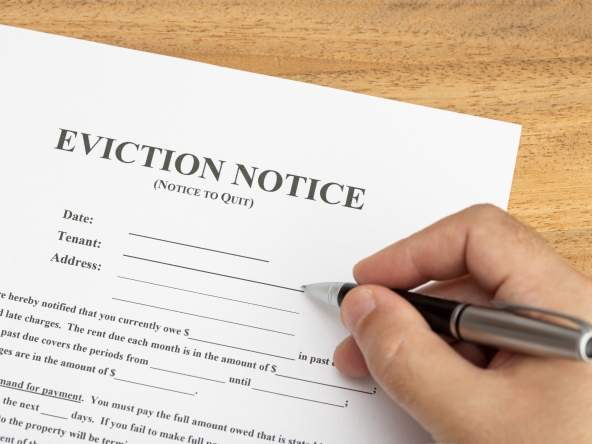
Many people have asked me how COVID-19 is going to impact the residential real estate market. Two months have passed and I have gathered enough evidence to form a reasonable opinion on this question.
Let’s start with some facts
I’ll try to be brief here since you can find plenty of details on the Internet.
- From April 2020 sales data above, April sold home prices are high than a year ago, by about 5% on average across the bay area counties. Not surprisingly, sales volume dropped 7-35%.
- California courts halted all lender foreclosures. Lenders simply cannot initiate foreclosure proceedings during the pandemic even when a borrower stops making mortgage payment. In addition, both Federal and State have enacted laws to encourage/require banks to provide forbearance program to homeowners.
- Congress passed trillions of dollars in stimulus to individual tax payers and to businesses for preserving jobs.
- Mortgage interest rates for conforming loans wandered in the historic low neighborhood multiple times in May.
Experience and Interpretation
Behaviors
As the stimulus money flows through businesses and corporations, the riches always find a way to pocket the benefits in the process. The riches control businesses and they spend a tiny % of their income on consumption compared to the poor. When stimulus money gets into the hands of the riches, where do they put them? They will keep investing by buying assets: stocks & real estate.
Economics
The groups that are most impacted by the pandemic are blue-collar and service workers. Due to the continued rise of home prices from 2012, these groups have been priced out of many bay area cities since 2017. They are not in the 2020 real estate market to begin with. Who is still buying in early 2020 then? At least in the bay area, we see tech company employees or seasoned real estate investors. With a few exceptions of recent lay-offs, the majority of the tech company employees are still getting usual pay and have the ability to work from home. Contrary to common belief, their purchase power is not reduced, but increased thanks to the historic low mortgage interest.
Politics
The 2008 financial crisis is too recent for the Congress to forget. Washington D.C. knows how critical it is to stabilize the housing market and the cascading effect when it fails. Letting it take another 2008-style dive is simply not an option. Back in 2008, there was a lot of resistance to the government bailing out the Wall Street on the grounds of moral hazard. This time is different. It’s no one’s fault that COVID-19 exists. Washington faces very little opposition when using the biggest gun to bail out, not a particular group, but to bail out Americans in general. This puts Washington D.C. in a very different light than back in 2008.
If you are still reading this paragraph, you must think that I’m BULLISH of the residential real estate market. The truth is, I am just not BEARISH. The above factors convince me that there is enough behavioral, political, and economical support for the real estate market that I don’t think there will be significant drop in entry-to-mid price homes.
Bottom line
If you are a renter thinking about buying and you have survived COVID-19 with a stable income thus far, it’s a good idea to buy an entry-level home to take advantage of the low interest rate. If you are thinking about buying more real estate as an investment, it is better to buy now (as long as the cash-flow makes sense) versus holding your cash in hopes for the home prices to hit bottom – it probably won’t happen.






